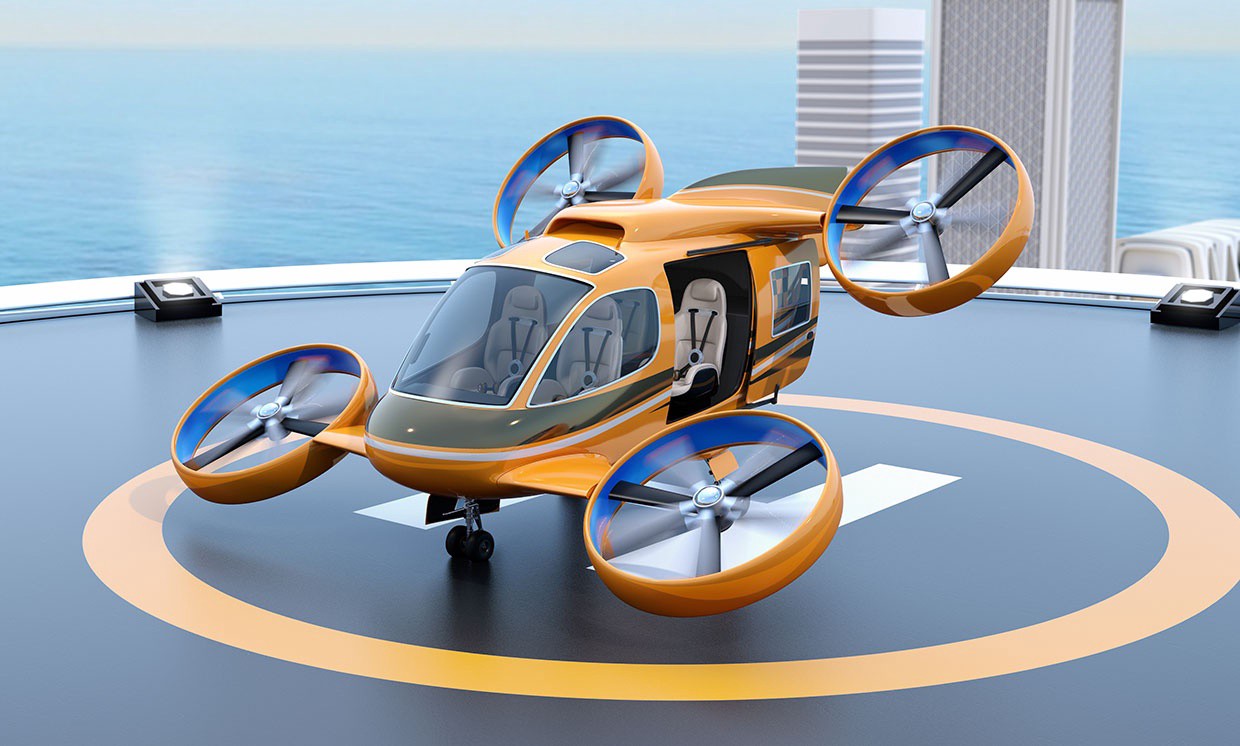9107
0
Will air taxis soon enrich the cityscape?
Will air taxis soon enrich the cityscape? The Free Now driving service expects air taxis to be available in cities before self-driving cars.

Yazar: Tom Roberts
Yayınlanma: 23 Şubat 2021 21:29
Güncellenme: 23 Şubat 2026 16:48
Will air taxis soon enrich the cityscape?
The Free Now driving service expects air taxis to be available in cities before self-driving cars. An exception could be automatic vehicles on their own lanes, Free Now boss Marc Berg restricted at an appearance at the DLD All Stars innovation conference. "But autonomous cars that really find their way through heavy traffic - that will take a while." Free Now, a joint venture between BMW and Daimler, also wants to integrate air taxis into its platform. The head of the air taxi developer Volocopter, Florian Reuter, said at the conference that fully automatic flights with the small machines are likely to be widespread in the next five to ten years. The European aviation safety authority EASA also considers the use of drones and air taxis to be realistic by the middle of the decade. In terms of price, a flight should not be a luxury trip, as Reuter explained to "Focus". A flight is around 60 euros - "comparable to what a taxi costs on the route today". EASA is already working on the approval of Lilium and Volocopter flying taxis. Companies around the world, including the European aircraft manufacturer Airbus, are in a costly race for the first air taxi offer. Lilium and Volocopter are said to have a good chance of playing an important role in this, even if it will take some time. Volocopter submitted a US approval application in December. Lilium's small electric aircraft is scheduled to hit the market in 2025. In addition, online retailers and logistics companies are testing the use of drones for parcel delivery. The German car manufacturer Volkswagen also wants to launch an air taxi in China. "Beyond autonomous driving, the concept of vertical mobility could be the next step to lead our mobility approach into the future, especially in the technically affine Chinese market," announced the group. VW wants to develop a kind of drone that should make it possible to open up this future market for individual mobility, said VW China boss Stephan Wöllenstein.İLGİLİ HABERLER





European stocks soared and focus shifted to German retail sales after Powell's speech!

Forex Signal For TRY/USD: Inflation Slowdown in November.

Forex Signal For GBP/USD: Bullish Trend Still Not Breaking While Recovery Continues.

Forex Signal For EUR/USD: Starry US Data Points to Higher Fed Increases.

Forex Signal For BTC/USD: Downside Continues as Bitcoin Recovery Moves Less.
En Popüler Haberler
Yorum Yap
Yorumlar
Henüz yorum yapan yok! İlk yorumu siz yapın...